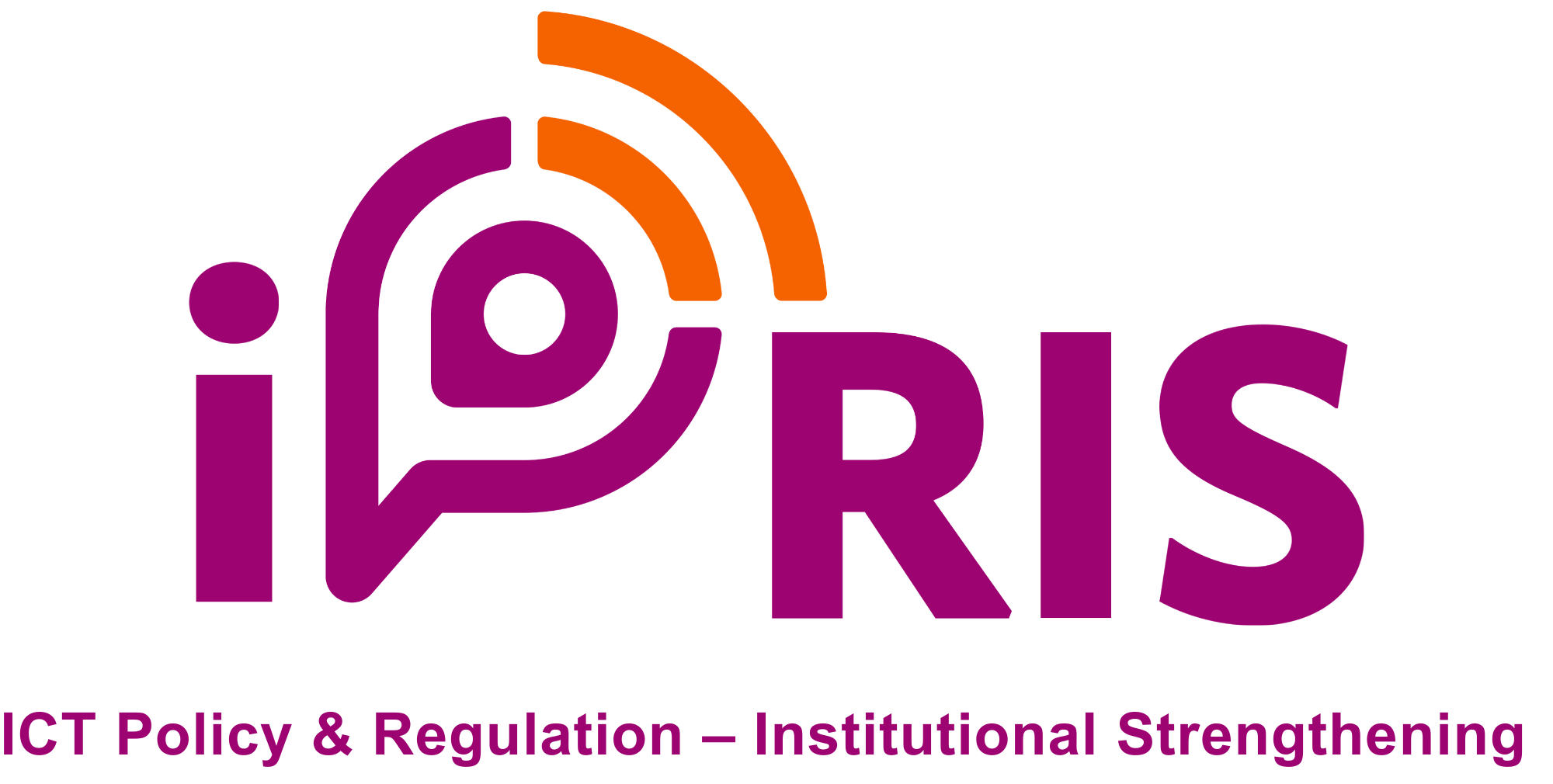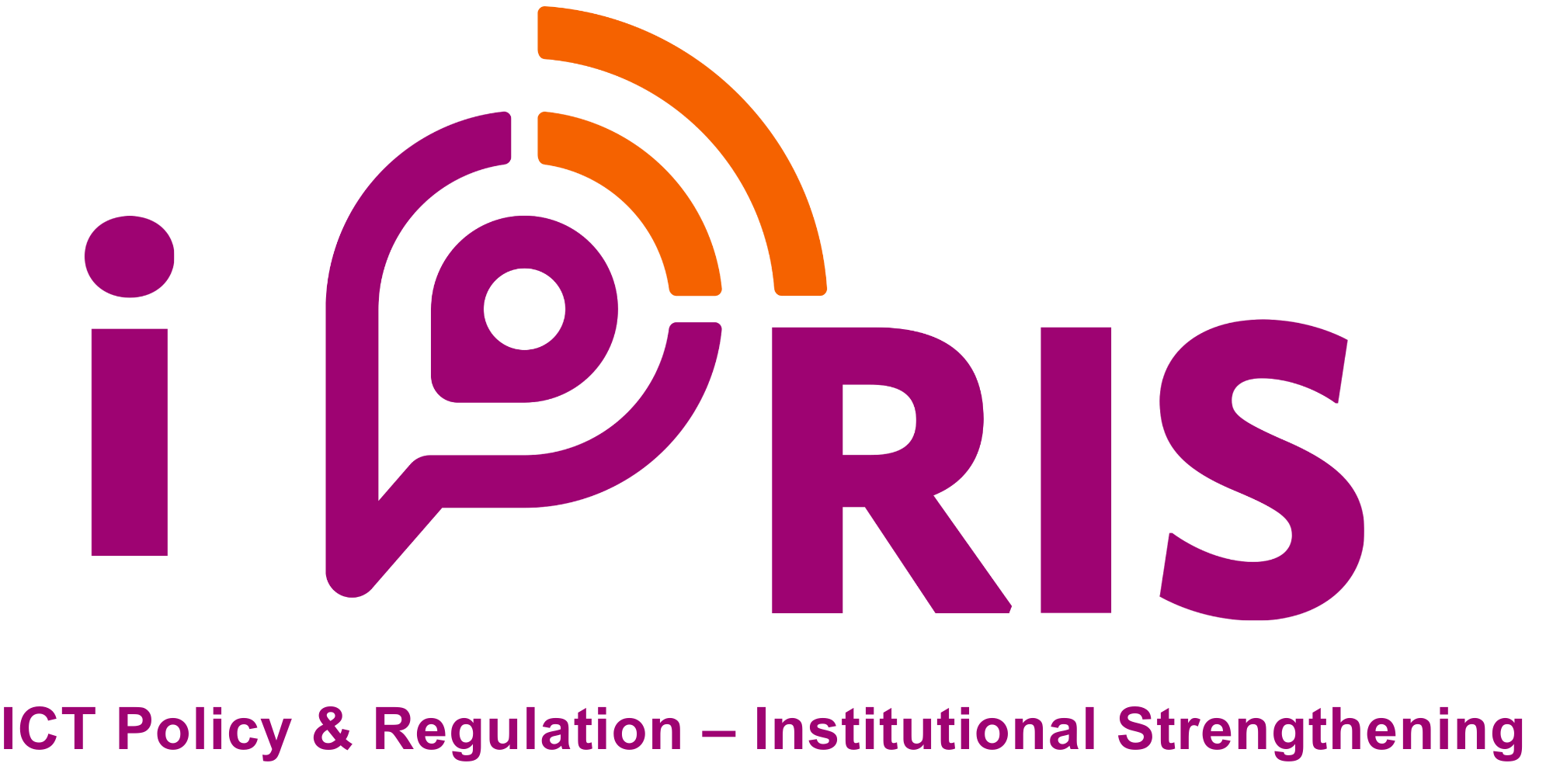The inaugural iPRIS Europe phase training was held in Stockholm, Sweden, from November 12th to 29th, 2023. Participants represented seven of the 43 National Regulatory Organisations (NRAs) in iPRIS: Communications Authority of Kenya (CAK), Communications Regulatory Authority of Namibia (CRAN), Eswatini Communication Commission (ESCCOM), Sierra Leone National Communication Authority (NatCA), National Communication Authority of South Sudan (NCA), Nigeria Communication Commission (NCC), and Zambia Information and Communication Technology Authority (ZICTA).
Peer-to-peer exchange on regulatory topics
The workshop provided an opportunity for expert presentations and peer-to-peer exchange among regulators from Europe and Africa.The following regulatory topics under the Joint European Offer were explored:
Institutional and Legal Framework
This topic includes the following sub-areas:
- Governance of the NRA: Models for budgetary, financial, and organisational issues
- Independence
- Bilateral and regional collaboration
- Models for monitoring, compliance, and enforcement
- Dispute stakeholders
- Regulatory impact assessment
- Models for stakeholder interaction, public and private
Competition Regulation for a Dynamic Market
This topic includes the following sub-areas:
- Theoretical foundation of competition regulation
- Methods for setting up a market observatory
- Methods of market analysis and analysis of market dominance
- Business market regulation, Roaming, and interconnection
- Regulation of fixed telephony/broadband and mobile operators
- Cost models for fixed and mobile infrastructure sharing
- Non-price regulation: transparency
- Quality of Service, access, and non-discrimination
- Price regulation: accounting separation
- Regulation on net neutrality
End User Protection
The following subtopics are explored:
- Theoretical foundation of end-user protection
- Regulation of end-user protection
- Handling of consumer complaints
- Specific measures for inclusion of users (gender, age, language, urban/rural and function variation users)
- Spectrum Management
This JEO topic includes the following sub-topics:
- Theoretical foundation of an efficient assignment and managing of frequencies
- Development of a spectrum strategy
- Auctions and alternative methods for efficient allocation of spectrum
- Coverage and Quality of Service obligations
- Spectrum migration
- Network and spectrum sharing
- TV white spaces and public Wi-Fi networks
Broadband deployment
The topic includes:
- Theoretical foundation of broadband deployment:
- Measures to support broadband deployment in areas outside the scope of commercial deployment:
Numbering and Addressing
This JEO topic includes:
- Theoretical foundation of an efficient assignment and managing of numbers and addresses
- Models for managing numbers
- Managing a numbering plan and number portability
- IP addressing, including IPv6, peering and domain names
Secure communications
This topics covers, a theoretical foundation of secure communications, robustness and resilience of the telecom infrastructure, confidential communications, regulation and supervision, and other measures.
New regulatory Issues
This JEA topic includes
- A theoretical foundation for the evolution of the ICT ecosystem and the development of ICT regulation
- Regulation proposed by the EU within ICT
- Regulation of OTT (Over-The-Top) and platforms,
- Relevant parts of data, data governance, AI (Artificial Intelligence), and Sustainability related to the EU Green Deal program.
Change Initiatives
The participating African Regulatory authorities also developed concepts for change initiatives. Change initiatives are deliberate and structured efforts undertaken to address challenges and opportunities within the ICT sector in SSA. Each initiative is specifically designed to align with the strategic agenda of each regulatory authority and focuses on policy development and implementation.
Change initiatives within iPRIS involve identifying key issues within the ICT sector, such as infrastructure gaps, regulatory inefficiencies, or digital inclusion barriers. The participants also benefited from presentations by experts in project management, gender equality and inclusivity.
Visit to Ericson
The participants also toured Ericsson company in Stockholm

Follow up meeting in Zambia
After the 2.5-week training, the participants returned to their countries. The next phase will be a week-long training scheduled to be held in Zambia in March 2024, four months after the European training, to review the progress of the change initiatives, present results, and encourage discussions.
Assesment and Evaluation
One year after the start of the training round, the implementation of the change initiatives of the participating NRAs will be assessed, fostering continuous improvement.






